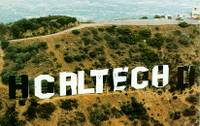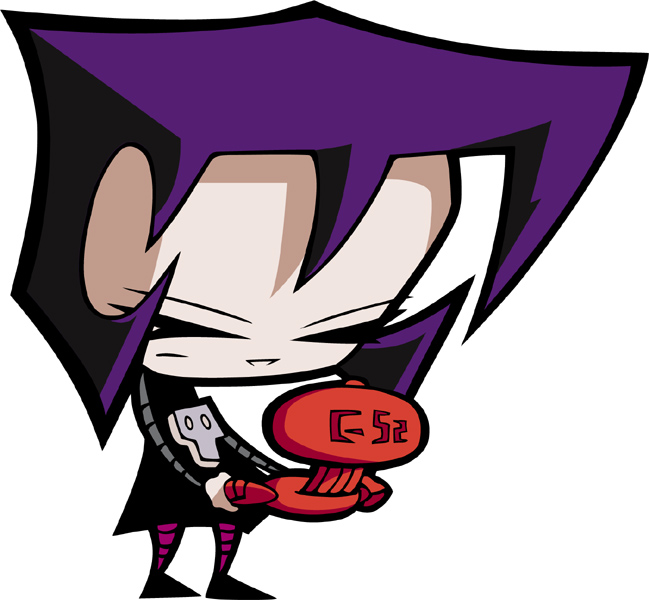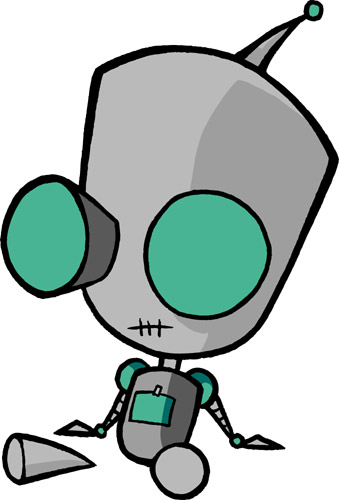May 16, 2005
Science's equivalent of a home run
This week at the American Society of Clinical Oncology meeting, an astonishing breakthrough in the treatment of some hematological cancers was announced.
The drug Revlimid was tested in 115 patients with MDS, or myelodysplastic syndrome, a condition in which the bone marrow can not make enough mature, healthy blood cells. MDS, while little known, is actually more common in American adults than Leukemia, and results in anemia and fatigue, and eventually death from somatic oxygen deprivation. MDS patients require frequent transfusions to keep them alive, and there are few drugs available to treat the symptoms of the disease.
According to the authors of the study, Revlimid was initially tried in order to ease the symptoms of the disease, but to their surprise, doctors found that Revlimid actually was curing the disease itself.
After about six months on the drug, 66 percent no longer needed blood transfusions, said the study's leader, Dr. Alan List of the H. Lee Moffitt Cancer Center in Tampa, Fla. A year later, three-fourths of them still don't need transfusions.But the big surprise was that signs of the genetic mutation fueling the disease diminished in 81 patients and vanished in 51.
"The chromosome abnormality completely disappeared, something we've never seen before" from a drug aimed just at boosting red blood cells, List said.
That's amazing. It seems to have at least temporarily CURED nearly half the patients in a reasonably sized study, and more patients than that had their main symptoms alleviated. Drugs don't usually do so well in this kind of study, especially when their mechanism of action is unknown.
Revlimid is chemically related to thalidomide, and like its notorious cousin, little in known about how Revlimid works, except that it boosts certain aspects of the immune system. So far, according to the authors, the drug has been well-tolerated with few serious side effects.
I'll be keeping an eye on this one, it may turn out to be a real boon to millions of people.
Posted by caltechgirl at May 16, 2005 09:45 AM














